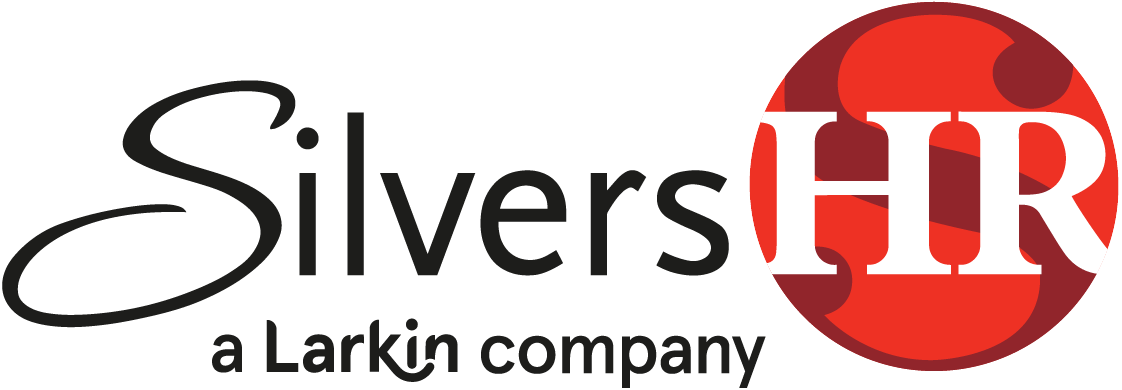By Stacey Sommerhauser, SPHR-CA, SHRM-SCP
The state of California continues to pass legislation that protects individuals’ pay and more so, how an employer determines employees’ pay. Employers must be uber cautious in making job offers and subsequent salary changes for employees. A little background for you here.
In September 2016, Governor Brown signed the California Fair Pay Act and Assembly Bill 1676 (“AB 1676”) noting “that prior salary cannot, by itself, justify a wage disparity.” A pay structure based exclusively on prior wages can be risky as it further perpetuates wage disparity, even if motivated by a non-discriminatory business purpose. So, the passing of Assembly Bill 168 (“AB 168”) this past October 2017 was not shocking news.
AB 168 adds Section 432.3 to the Labor Code and prohibits employers “from relying on the salary history information of an applicant for employment as a factor in determining whether to offer an applicant employment or what salary to offer an applicant.” This means no inquiries are allowed by the employer or their agent (staffing firm) regarding salary history. An applicant for employment may, however, voluntarily and without prompting, disclose salary history information which an employer may consider and rely on when determining salary for an applicant. An employer must also, upon request, provide a pay scale to an applicant for any position which the applicant is applying.
We’ve received several questions about how employers establish a “pay scale.” Larger organizations may have pay scales set up in a formal salary structure, but many smaller firms do not have this set up. The “pay scale” does not mean that all employers must create a salary grade and pay range system for their positions, although this requirement may lead to that. The new law does not outline the format or structure of the pay scale. We recommend sharing with the candidate the starting wage to the highest wage you will pay for someone to do the job. This is the “pay scale” in the absence of a formal structure. (“The pay scale is $11.00 per hour to $18.00 per hour, depending on experience.”) Be sure it’s the same range you communicate to all candidates who ask. And we recommend you document that in the recruitment file.
AB 168 and the further expansion of the California Fair Pay Act will also help ensure that both employers and workers are able to negotiate and set salaries based on the requirements, expectations, and qualifications of the person and the job in question, rather than on an individual’s prior earnings.
It is important to keep in mind that under the California Fair Pay Act and Labor Code Section 1197.5 an employer is prohibited from paying any of its employees less than employees of the opposite sex, or another race or ethnicity for “substantially similar work, when viewed as a composite of skill, effort and responsibility.” Employees who work at the same establishment, even if the positions are more than 100 miles apart, can be comparators.
Employers must be able to affirmatively show that any wage differentials are based upon one or more of the following factors:
- a seniority system;
- a merit system;
- a system that measures earnings by quantity or quality of production; or
- a bona fide factor other than race or ethnicity, such as education, training or experience.
An employer can rely on such factors only if it can show that the factor is not based on or derived from a sex, race- or ethnicity-based differential in compensation, is job-related, and is consistent with business necessity.
We recommend that employers ensure that managers and supervisors who interview applicants for employment are properly trained in pre-employment inquiries. Employers should ensure all pre-hire documents (i.e., employment applications, phone screening note sheets, background checking documents, and interview question templates), whether hard copy or online, have been revised no later than January 1, 2018 to omit language requesting salary history information. Updated samples of these documents and the Department of Fair Employment and Housing’s (DFEH) Guide to Pre-Employment Inquiries can be found in the Silvers HR Library.
Employers who wish to learn more about market rates for positions may contact us. We offer salary survey information for hundreds of key positions.
